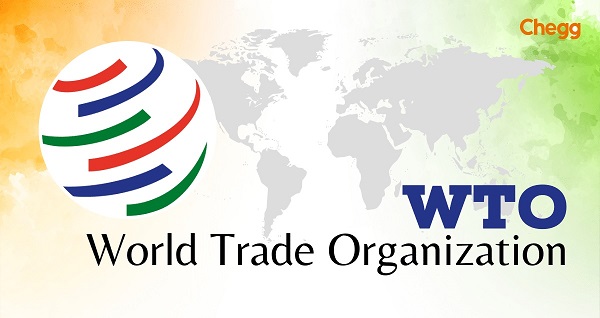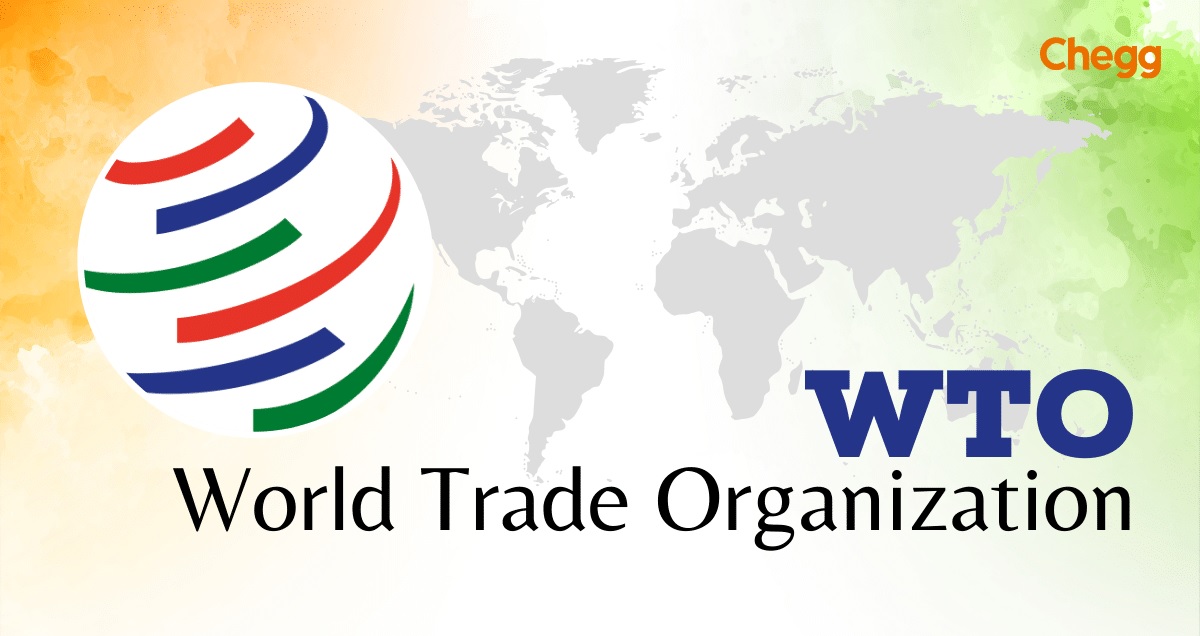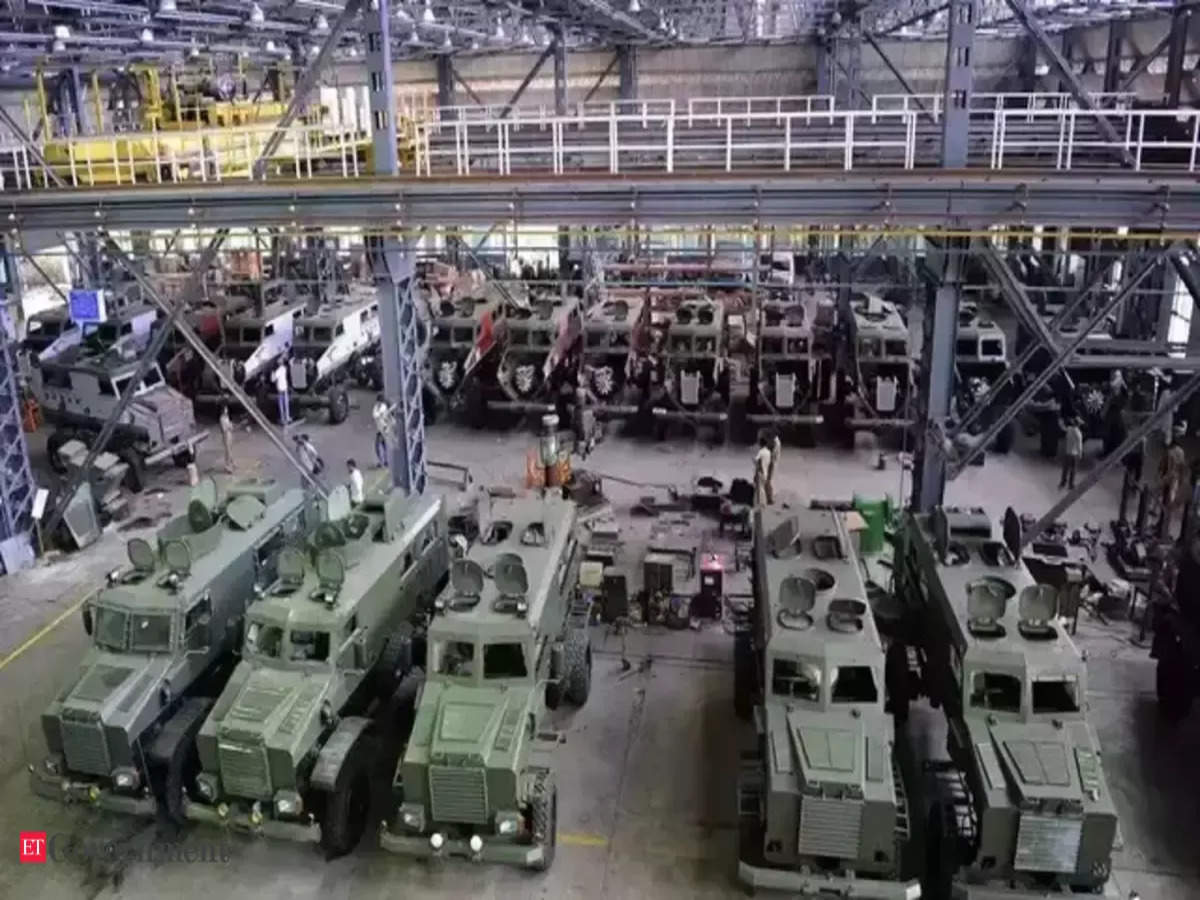The Hindu : Page 11
Syllabus : GS 3 : Indian Economy
Practice Question for Mains:
Critically analyze India's stance at the WTO on fisheries subsidies in the context of balancing sustainable fishing practices and protecting small-scale fishers. What are the key challenges India faces in ensuring a fair agreement for developing nations, and how might these negotiations impact global fisheries management?
Context: India’s submissions at the WTO aim to curb harmful subsidies promoting unsustainable industrial fishing while protecting small-scale fishers. Supported by many developing countries, the proposal seeks to balance sustainability goals with fair treatment for developing nations’ fishing sectors.

India’s Stance on Fisheries Subsidies at WTO :
- India demands stricter disciplines on subsidies that fuel unsustainable deep-sea industrial fishing, mainly by large fleets.
- India emphasises not burdening small- scale fishers, particularly in developing countries, as they seek to expand fishing capacities sustainably.
- The country seeks a fair agreement that supports sustainability goals without penalising developing nations disproportionately.
- India’s submissions focus on addressing loopholes in the WTO draft that may allow large-scale industrial fishing operations to evade accountability.
Support and Impact:
Support from Developing Countries & LDCs:
- Backed by many developing nations and Least Developed Countries (LDCs) concerned with protecting small-scale fishers.
- Gambia’s fishing community supports India’s call to address loopholes affecting sustainable practices in poorer countries.
Impact:
- Expected to check harmful subsidies that fuel overfishing and depletion of global marine resources.
- Could ensure better protection for small-scale fishers in developing countries, promoting sustainable fishing practices.
- Calls for more robust commitments from top subsidisers like China, the EU, the U.S., Japan, and South Korea.
Important information
Fisheries Subsidy Negotiations and India's Approach:
Background:
- Uncontrolled Exploitation (1980s-1990s): Rapid depletion of marine resources due to modern fishing fleets raised concerns about unsustainable fishing practices.
- WTO Initiative (2001, 2005): At the Doha Ministerial Conference (2001) and Hong Kong Ministerial Conference (2005), WTO members recognized the need to regulate harmful fisheries subsidies, particularly those contributing to overfishing and overcapacity. Special attention was given to developing nations, focusing on their socio-economic dependence on fisheries.
- Sustainable Development Goals (2015): The United Nations’ Sustainable Development Goal (SDG) 14.6 emphasized stopping harmful fisheries subsidies by 2020, aiming to address overfishing and promote sustainability.
WTO Negotiation Progress:
Three Pillars of Negotiation:
- Subsidies for Illegal, Unregulated, and Unreported (IUU) Fishing.
- Subsidies for Overfished Stocks.
- Subsidies that contribute to Overfishing and Overcapacity.
- 2022 Agreement: WTO members reached agreements on the first two pillars at the 12th WTO Ministerial Conference (2022), but negotiations on overfishing and overcapacity subsidies are ongoing.
- Ratification: The 2022 fisheries agreement requires ratification by two-thirds of WTO members. As of now, 55 countries have ratified it, with 55 more needed by February 2024. India has not yet ratified the agreement.
India’s Fisheries Subsidy Debate:
- Subsidy Growth: India’s subsidies to the fisheries sector increased from Rs. 15.5 billion in 2016 to Rs. 22.25 billion in 2019, according to the International Institute for Sustainable Development (IISD).
- Types of Subsidies: These subsidies are primarily for variable-cost inputs (like fuel), fixed-cost inputs, and income support for fishers.
- Fuel Subsidy Concerns: While subsidies aim to support small-scale fishers, there is concern that wealthier fishers benefit more, especially through fuel subsidies, which encourage larger-scale fishing operations.
- Debate on Sustainability: Critics argue that these subsidies, especially for fuel and deep-sea fishing, contribute to overfishing, impacting marine ecosystems.
National Fishworkers Forum (NFF) Concerns:
- Impact of Subsidy Withdrawal: Olencio Simoes, General Secretary of the NFF, warned that withdrawing subsidies could harm small fishers’ livelihoods, as they rely on these supports to remain viable.
- Environmental and Coastal Issues: Coastal erosion, driven by infrastructure development and port activities, is forcing fishers to venture further out to sea, compounding the challenges they face.
- Opposition to WTO Agreement: The NFF opposes the 2022 fisheries agreement, arguing that it disproportionately affects small-scale fishers in developing countries like India.
Challenges in India’s Fisheries Sector:
- Unequal Benefit Distribution: Wealthier fishers often benefit more from subsidies, particularly fuel subsidies, leaving low-income fishers at a disadvantage.
- Overfishing Risk: Subsidies for deep-sea fishing and vessel modernization encourage more intensive fishing, which can deplete marine resources.
- WTO Agreement’s Impact: The WTO agreement could jeopardize the livelihoods of small-scale fishers if not balanced with protections for developing nations.
- Environmental Degradation: Issues like coastal erosion and habitat destruction due to large infrastructure projects pose additional challenges for India’s fishing communities.
India's Strategic Approach:
- Policy Flexibility: India seeks to maintain the ability to support its small-scale fishing sector, recognizing the socio-economic importance of these subsidies.
- Balancing Domestic and Global Commitments: While India supports efforts to curb harmful subsidies, it emphasizes the need to protect its fishers from the adverse effects of global agreements.
Way Forward for India:
- Targeted Subsidies: Ensure subsidies reach vulnerable, small-scale fishers, avoiding benefits to larger-scale operations that contribute to overfishing.
- Environmental Management: Address the broader environmental impacts on marine ecosystems and coastal areas, focusing on sustainable practices and infrastructure development.
- International Cooperation: Engage in WTO negotiations to protect small fishers’ interests while adhering to international goals of sustainability and resource conservation.
India’s fisheries policy must strike a balance between supporting small-scale fishers and adhering to global standards for sustainable fishing to ensure long-term socio-economic and environmental benefits.








